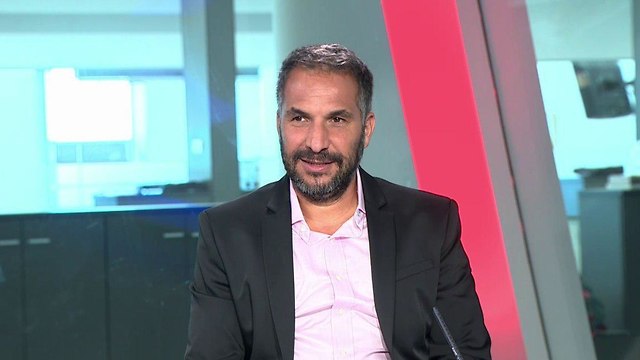
During his Tiberias mayoral election campaign, Ron Cobi did not hide the fact that he aspires to limit the ultra-Orthodox influence in the city. After he was elected mayor with 45% of the vote, Cobi instructed the municipality to hold talks with rabbis from the Tzohar religious-Zionist organization in order to incorporate them in the Kashrut supervision process in the city.
Cobi wants the religious-Zionist organization to oversee kashrut for hotels, private businesses, and wedding ceremonies, long the domain of the ultra-Orthodox.
This is a revolutionary plan in a city in which the ultra-Orthodox population constitutes more than 20 percent of its residents. Nevertheless, Tiberias is one of the most visited cities in Israel, and boasts 32 hotels. In the past year, millions of pilgrims and Israelis visited the city.
But hotel owners in Tiberias say they are experiencing difficulties in following the strict kashrut instructions of the local rabbinate, which interfere with their ongoing operations.
"After speaking with hotel and business owners in Tiberias, I got the feeling that there is room for standardization on kashrut issues," Cobi said. "We want a body that is able to appropriately supervise (kashrut), without imposing draconian measures that exceed the official demands of the local rabbinate."
Cobi tasked Rabbi Moshe Krothammer, a city council member from his faction, to hold the talks with the Tzohar rabbis. Both Cobi and Krothammer stress this is not an anti-religious initiative. Krothammer, who is a religious Zionist, has held many religion-related posts in Tiberias; he served as the head of the local Chevra Kadisha Jewish burial society, as deputy chairman of the Tiberias religious council, and as a national-religious school principal.
"Hundreds of kashrut supervisors from the local rabbinate are employed by the hotels in Tiberias, in addition to the fortune the hotel owners spend on private supervision," Krothammer said.
"The main problem stems from the fact that the local rabbinate issues kashrut certificates while publishing leaflets detailing strict kashrut instructions that have nothing to do with the chief rabbinate's requirements. Our motto for business owners is for them to act as they see fit, and it is their prerogative to use the services of the Tzohar organization if they so desire," he said.
Avi Zandberg, owner of the Astoria Galilee Hotel and chairman of the Tiberias Hotel Association called the Tzohar kashrut supervision system proper and acceptable. "In the past, kashrut supervision services only focused on the preparation process of the food. However, today, it also focuses on the atmosphere in the hotels, which we cannot accept."
"Those who are staying at hotels in Tiberias don't want the rabbinate to interfere with the atmosphere nor the staff at their hotels," he added.
Krothammer also said that using the Tzohar kashrut supervision services would benefit the hotels financially.
"The Tzohar Rabbinate doesn't charge a kashrut fee, rather only demands payment per supervisor. Instead of obligating the hotels to purchase expensive salads, the Tzohar supervisor will be responsible for cleaning the vegetables, and picking the ingredients himself, which would save a lot of money," he said.

















